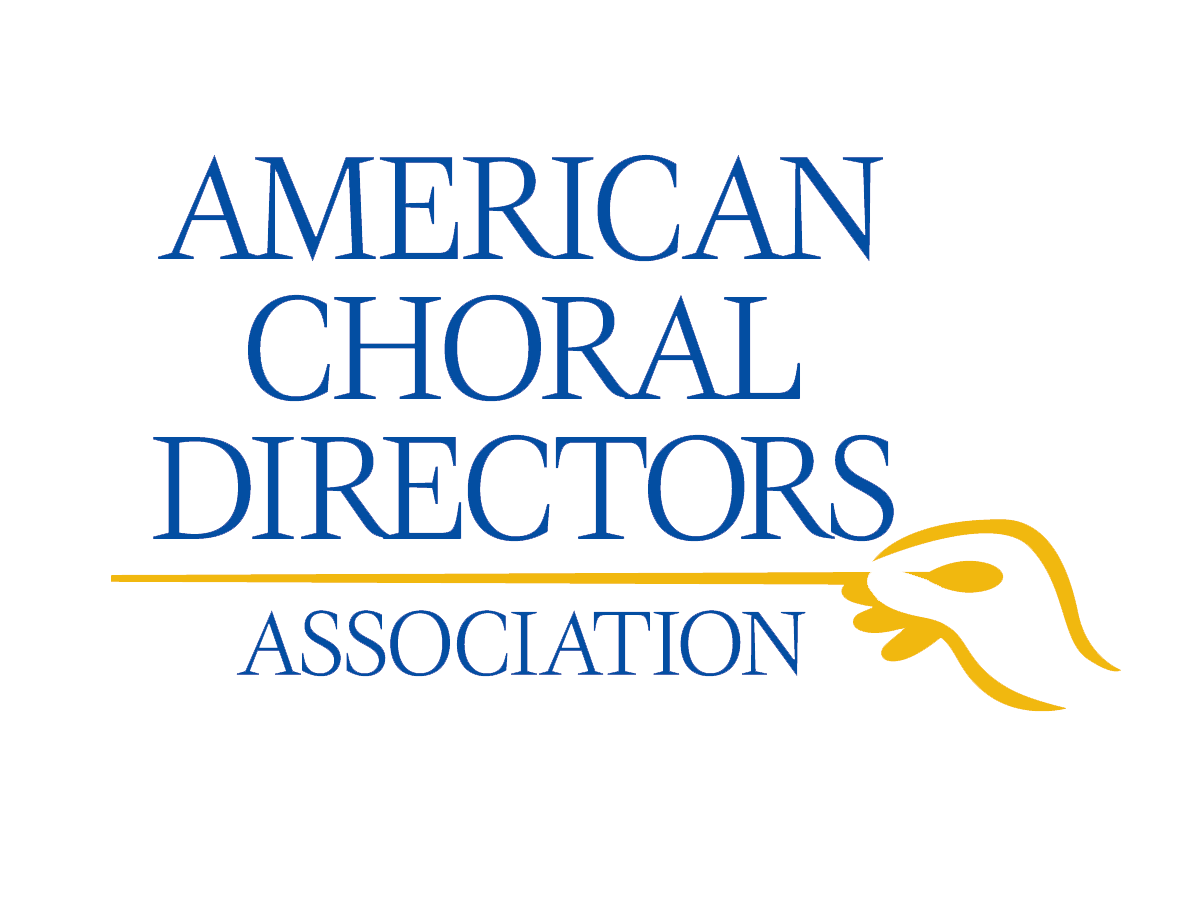In February 1959, a group of 35 choral conductors from around the United States met in Kansas City, Missouri, during the Music Teachers National Association’s (MTNA) biennial conference. This group created the American Choral Directors Association (ACDA) and approved its original ten purposes, which still stand largely unmodified today. (Pictured from left to right: ACDA Steering Committee members J. Clark Rhodes, Elwood Keister, Curt Hansen, Harry Robert Wilson, R. Wayne Hugoboom, and Archie Jones.)
The association evolved over its first decade to include divisions modeled after those of the National Association for Music Education (formerly MENC) and state chapters. ACDA was founded to serve the professional needs of all choir directors, and as a result, membership grew steadily from the initial 35 choral directors who attended that meeting to 111 charter members, and later to tens of thousands of members around the world.
From its origin, ACDA has promoted excellence in choral music through its workshops, symposia, choral program exchanges, international efforts, and especially through its conventions. Early conferences were held in conjunction with MENC conventions. Like present-day conferences, they offered reading sessions, interest sessions, panel discussions, and concert sessions. In 1960, at the first conference held in conjunction with MENC, five choirs performed. By 1971, the Association had matured to the point where it could offer its own independent conference. That conference took place in Kansas City, Missouri, at the Muehlebach Hotel, the same site as the first organizing meeting. The first international choirs performed at the 1973 conference, also held in Kansas City, Missouri, and by 1977, conference attendance had grown to the point where dual-track interest sessions were added. The 1980s saw a refinement of the conference system. Performance halls were used instead of ballrooms beginning in 1981. Honor choirs began singing at ACDA conferences in 1983. Again, by the 1990s, conference attendance had grown to a point where dual and triple tracks became necessary. Dual tracks were offered beginning in 1993, and the first triple-track conference followed in 1999. The most elaborate track system was offered in 2005, where conference attendees followed six tracks. In its history, the conferences have been expanded and refined but always with the commitment to improving the experience of choral music excellence and education.
Throughout its history, ACDA has honored both its members for their contributions to the choral art and quality choral composition through its competitions and commissions. From the Schmitt and Pepper Awards for Choral Composition in 1962 to the Raymond W. Brock Student Composition Competition, ACDA has worked to recognize and reward superior choral music, research in the choral art, excellence in conducting and teaching, quality newsletters, superb student organizations, and promise for the future of choral conducting. Equally important have been the pieces commissioned by ACDA, reflecting the Association’s commitment to fostering superior-quality composition.
Over the course of ACDA’s long history, its leadership has helped it remain true to its purposes. The organization that decided in 1959 to promote excellence in choral music through performance, composition, publication, research, teaching, and advocacy has maintained and evolved those goals into the organization that exists today.
In 2019 ACDA celebrated it’s sixtieth birthday, holding a special ceremony in the Muehlebach Hotel, the very location of its first meeting.



